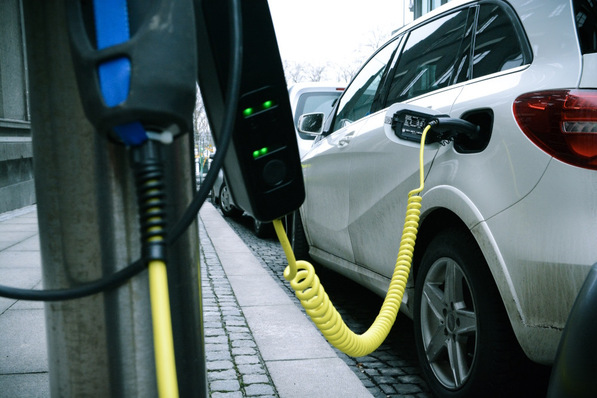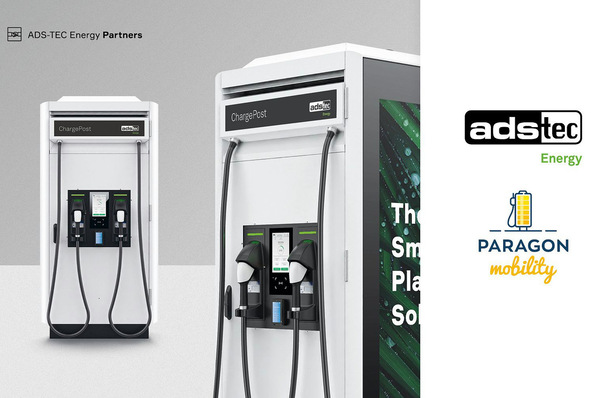During the crisis of the solar industries, some industry insiders were foretelling the demise of the specialist retailers. That crisis is now over. Are solar wholesalers now going through a revival?
Alexander Schütt: Retailers will see a resurgence, without a doubt. Products are becoming more inexpensive, business will be just taken for granted. The materials and goods need to be delivered to the building site directly and just-in-time. The proportion of specialist retailers that are very much available and can provide the logistical services is growing and will continue to grow. After all, installing companies are less and less willing to concern themselves with warehousing. And so they can benefit from this high degree of availability of retailers. It is the retailers that make sure that the small and medium-sized installations are supplied with the necessary components.
Where would you draw the line?
Very large EPCs usually buy their supplies directly from the manufacturer. There is no clear line and it differs between product categories. Furthermore, we at BayWa r.e. also have our own division for project-based business. We provide installing companies as well as small and medium-sized EPCs with specific components, but even up to entire installations in the megawatt range on a daily basis.
Where is the advantage of retail over specifically buying in individual components?
If you yourself wanted to assemble all of the components of an increasingly complex field of installation technology, you would have to deal with a great number of suppliers. We as a specialist wholesaler not only offer photovoltaics but also storage, heat and electric mobility. We are a one-stop-shop, and that can save you a lot of effort. On top of that, we have years and years of expertise and knowhow, which we are happy to pass on to our customers.
Let us stay with electric mobility: This is arising as a product category that is almost unfathomable in its diversity of manufacturers and products. Which ones do you have in your portfolio?
We provide wall boxes and charge points by ABL, Keba and Mennekes. The issue of mobility is not new to BayWa. Our BayWa Card already allows our customers to charge their EVs and comfortably pay for it at more than 8,000 charge points in Germany.
How is the mood of the market?
Germany is currently doing very well, and that shows in the growth we have been able to achieve in Germany among others. In 2017, BayWa r.e. had a global turnover of about 1.4 billion euros, which is a significant leap. Business is very profitable. In German, we are aware that installing companies have their order books full. However, we are also realising that there is beginning to be a lack of qualified professionals. If there were enough people to do the work, we could see significantly more additional capacity.
Which market segments are the most important?
The market is currently driven by medium-sized installations, and the market for commercial storage is also growing slowly. We have specialists that plan such installations and support our customers in designing them. In that respect, we can be really helpful to installing companies if they want us to. In the future, commercial storage will be as commonplace as domestic batteries already are today. But in addition to transferring solar electricity from the daytime into the night, commercial storage needs other business models, such as peak shaving or uninterruptable power supply (UPS). To make the right choice, business customers need to be advised comprehensively. And we are in a strong position to assist installing companies in doing so. (HS)
Watch our PV Guided Tour on e-mobility and solar energy storage:
https://www.pveurope.eu/Videos/pv-Guided-Tours-videos-2018
Stay informed, get our newsletter twice a week.
Register here: https://www.pveurope.eu/Newsletter
Read more about solar modules.
Read more about solar mounting systems.
Read more about solar energy storage.







